Automating Quality Control with Industrial Robots
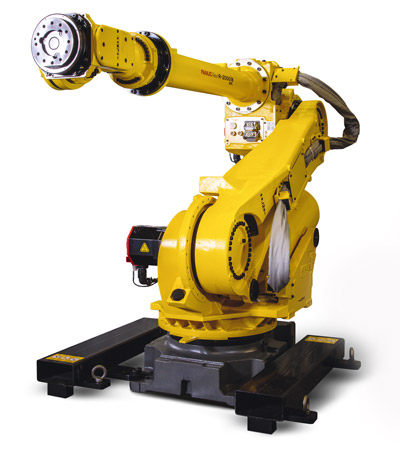
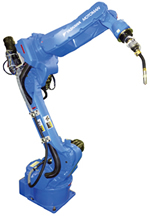
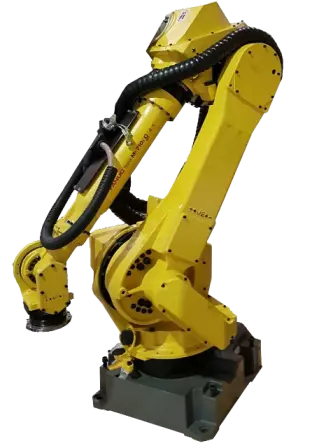
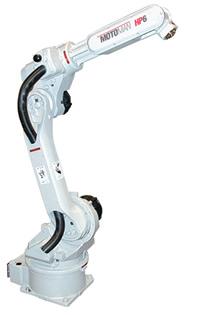
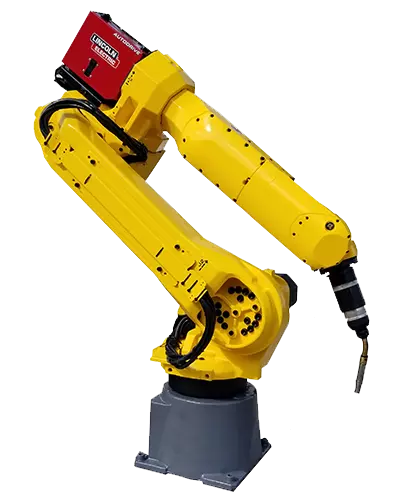
Quality control measures are critical for any manufacturing operation. Quality control processes can prevent possible safety issues or expensive recalls from occurring which is why companies should invest in reliable and thorough quality assurance systems.
Quality control involves a set of processes to enforce that a predefined set of criteria is met in a manufactured product. Those processes may involve the inspection, testing, or measuring of products. When flaws or defects are recognized that product should be removed from further processing as it does not meet the quality standards set. Traditional quality control measures involve relying on manual labor to inspect and test products. Unfortunately, manual quality control processes often miss defects, are unreliable, and can be time consuming.
Robotic Quality Control
Advancements in robotic technology has led to the automation of quality control processes with industrial robots. Integrating robots with vision systems and other sensors allows them to be able to properly and thoroughly assess manufactured products. With robotic vision, the FANUC Lr Mate 200ic can detect even the smallest of flaws. Articulated robots can even be programmed to inspect their own work, ensuring each step of a manufacturing process is done correctly and allowing for any errors to be caught early on as opposed to near the end of a manufacturing process.The types of industrial robots used to automate quality control applications include articulated, collaborative, and SCARA robots. Articulated robots are the most versatile and can be assigned to inspect a wide variety of workpieces in numerous settings. The Yaskawa Motoman MH5 is an example of an articulated robot that can automate inspection applications.
One of the main drawbacks to quality control automation has been the initial cost. Collaborative robots have emerged as the more cost-friendly alternative to articulated robots for quality control automation. Cobots are more affordable and are incredibly user-friendly making them ideal for those with small budgets or those unfamiliar with robotics. Their compact size also makes them easy to move around to perform part inspections at various workstations. The Universal UR5 is a cobot that is ideal for quality control automation.
SCARA robots are mainly known for automating small parts assemblies, but have recently expanded into automating other types of applications including inspection. The small size of SCARA robots makes them ideal for inspecting small workpieces. The FANUC SR-3ia is a SCARA robot that may be used to automate inspection processes.